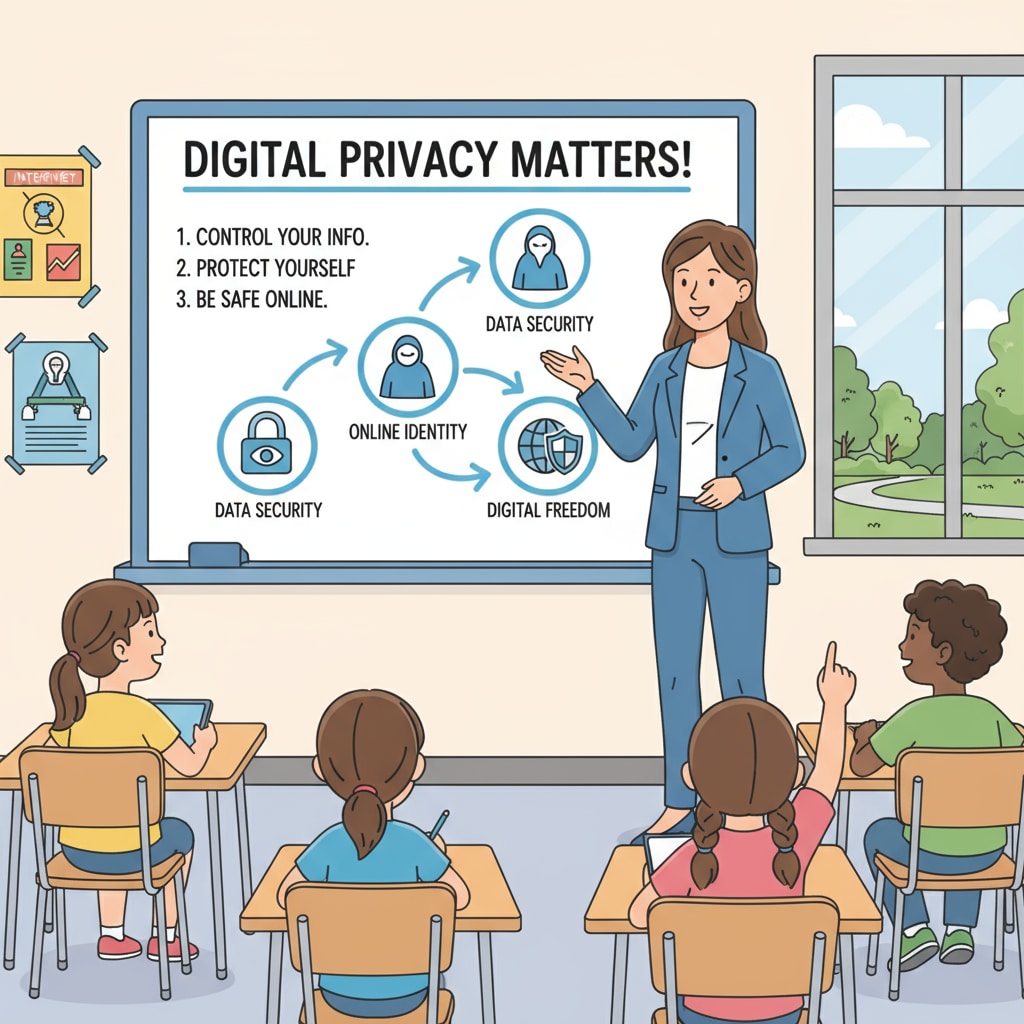In the era of rapid technological advancements, artificial intelligence education has emerged as a powerful tool in K12 learning. Alongside enhancing learning skills, it’s crucial to address digital privacy concerns. As AI continues to transform education, understanding its best practices becomes essential.

Harnessing AI for Personalized Learning
One of the key advantages of AI in K12 education is personalized learning. AI algorithms can analyze students’ learning patterns, strengths, and weaknesses. For example, platforms like Khan Academy use AI to adapt the learning experience to individual students. By providing tailored content, students can learn at their own pace, which significantly boosts learning skills. This personalized approach not only improves academic performance but also keeps students engaged.
Ensuring Digital Privacy in AI Education
With the increased use of AI in education, digital privacy has become a major concern. Schools and educational institutions must handle student data with care. For instance, they should follow strict data protection regulations such as the Family Educational Rights and Privacy Act (FERPA) in the United States. Protecting students’ digital privacy ensures that their personal information remains secure, allowing them to fully benefit from artificial intelligence education without worry.

Another important aspect is using AI to enhance teaching methods. Educators can utilize AI-powered tools to create more interactive lessons. For example, AI chatbots can answer students’ questions in real-time, providing instant support. This not only helps students improve their learning skills but also eases the workload of teachers.
However, it’s vital to select reliable AI tools. Before implementing any AI application in the classroom, educators should thoroughly research and evaluate its features, accuracy, and privacy policies. This ensures that the tool aligns with the educational goals and respects students’ privacy.
In addition, collaboration between students, teachers, and parents is crucial in AI education. Parents should be informed about how AI is being used in their children’s learning. Teachers can work with parents to monitor students’ progress and address any concerns related to digital privacy or learning skills.
Readability guidance: This article uses short paragraphs and lists to summarize key points. Each H2 section provides a clear focus. The passive voice and long sentences are kept to a minimum. Transition words like ‘however’, ‘for example’, and ‘in addition’ are used throughout to enhance readability.


